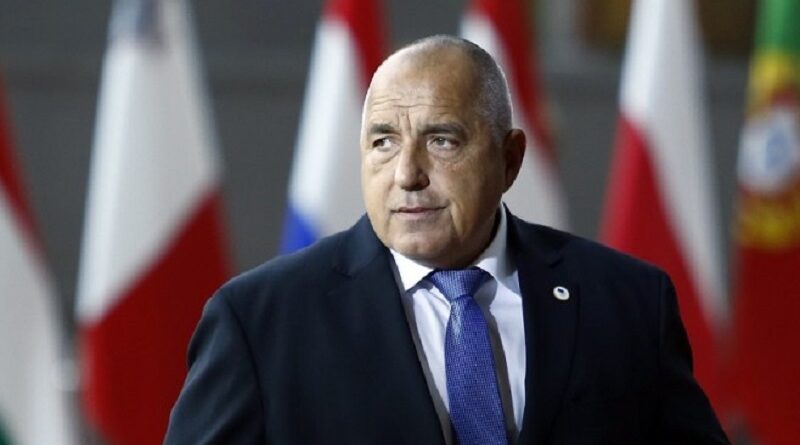Alternatives & Analyses: Borisov’s era in Bulgarian politics is over
The April 4th elections provide many clues on where Bulgaria is heading but more queries have emerged. The only sure outcome is that voters have spoken in favour of change and against the establishment.
Incumbent Prime Minister Borissov survived the protest last year, but the overdue sentence on his government was passed at the parliamentarian vote. Although his party won the most votes, his chances to remain PM and break his political longevity record have vanished.
The fate of the GERB party, as a party of its leader, is uncertain. Borissov failed to engineer a smooth transition to the next generation leader while joining the honorary leaders’ club as Ahmed Dogan and ex-President Parvanov.
GERB is a party not designed to endure in opposition for too long.
However, it will take years before it leaves the centre stage of Bulgarian politics. GERB cadres hold critical positions in the country’s political and administrative system and the state-owned enterprises’ top management. Most are political appointees without adequate qualification, and keeping their posts is a powerful unifying incentive. The damage they could keep inflicting could be substantial, undermining reform efforts and remedial action at the level of state administration and the management of state-owned companies.
These articles analyses and comments are made possible thanks to your empathy and contributions, which are the only guarantors of independence and objectivity in our work. The Alternatives and Analysis team.
The ITN or Slavi Trifonov’s party, finishing in second place, is most likely to be asked to form a government. Although it will need to leave its enigmatic demeanour role, the new kingmaker in Bulgarian politics will face many black and white choices that might undermine its political virginity. To start with – the party leader, as the routine goes, is not a likely contender for the prime minister’s post. Although Trifonov might opt to promote a less known figure on his behalf as a PM, it will hardly earn him a reputation or help his recruit navigate Bulgaria’s stormy political waters.
He could try a protest coalition government with Democratic Bulgaria and “Rise Up, Thugs out” coalition, with tacit support from the Socialist party and the MRF.
However, the ITN will have to bear prime responsibility, and other protesters might refuse to join in. Unless the coalition sets a clear short term to-do-list, it is implausible that it could last beyond the presidential elections in the autumn.
Slavi Trifonov’s party’s main challenge is to operate in the open once in Parliament, taking regular stances on critical issues daily. A few items from the referendum could hardly make up for a credible program of governance. TV shows and concerts are good for entertaining people—still, no substitute for good deliverables on promises to voters and trust given in advance.
An expert government formula may suit ITN well as it will allow them to remain out of the limelight and seek refuge from public scrutiny. Trifonov’s only condition would be for other parties to share in the collective (ir)responsibility of an expert government.
Holding early parliamentary elections before the presidential ones is always an option. Still, it is hard to imagine how freshly elected MPs give up their seats too soon.
Additional election costs can hardly be an obstacle.
Many could argue that the three months difference to the regular presidential – early parliamentary elections could be used to introduce overdue changes to the electoral law that could incorporate mail-in and electronic voting.
Snap elections, among other things, could substantially increase the number of voters and produce a stronger pro-reformist majority building on the present trends.
The outcome of the April 4th elections has attested to Bulgarians’ will for a course change and for ousting GERB, which implies a period of turbulence and uncertainty. The ongoing self-determination process could lead either to the collapse of the state-oligarchic and corruption model or to the demise of Bulgaria’s democracy and its return to a Eurasian trajectory and autocracy.
Despite all the second-guessing, the parliamentary elections brought a sigh of relief and a sense of optimism, boosting the Bulgarian Parliament’s legitimacy.
Nationalists and pro-Russian parties and politicians lost.
Ilian Vassilev
Thank you for your donations via PayPal and bank transfers to IBAN BG58UBBS80021090022940




